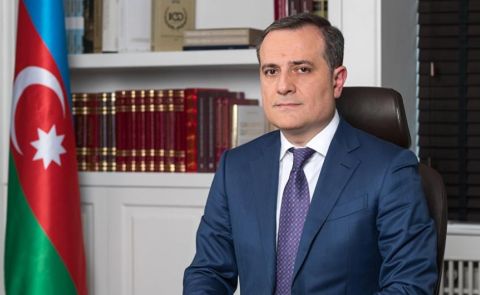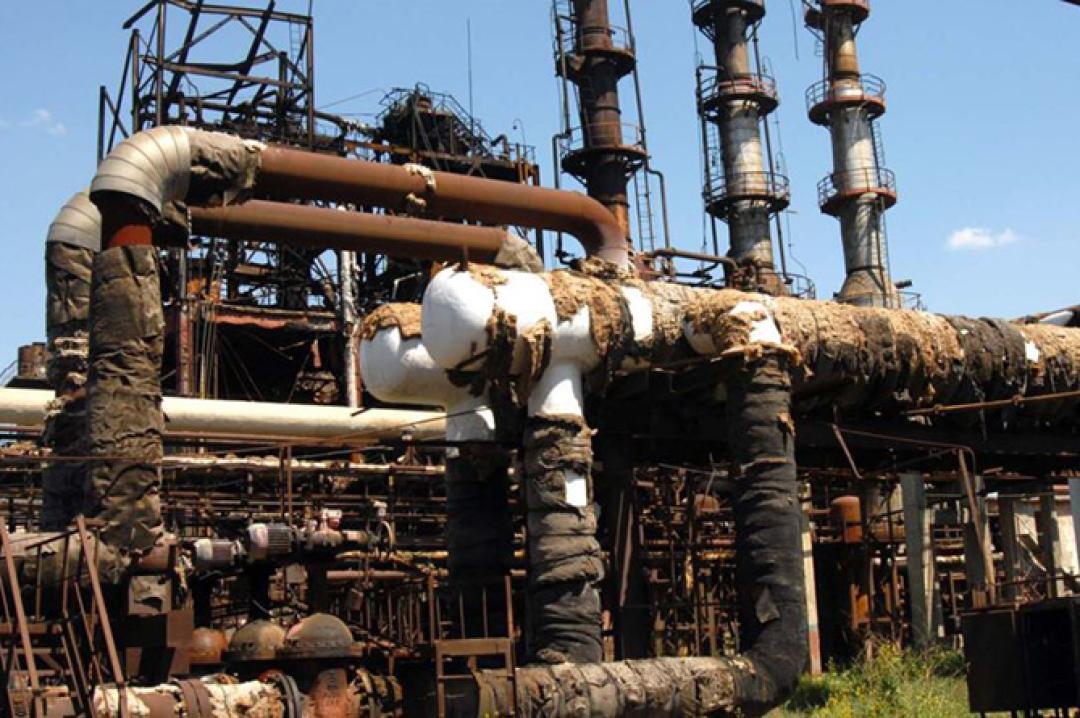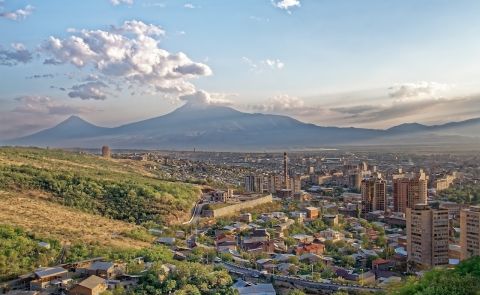
Iranian investors show interest in Armenia’s Nairit chemical plant

On 10 February, Armenian Economy Minister Tigran Khachatryan told reporters that the Armenian government was open for investment offers on the Nairit chemical plant.
He said that the government is ready to consider an investment offer that includes long-term guarantees. The minister, however, found it difficult to say how much financial means the chemical plant needs to resume operating. He also found it difficult to provide the exact figure of the plant's debts.
Varag Siseryan, a senior aide to Deputy Prime Minister Tigran Avinyan, said that senior executives of Iran’s Tabriz Petrochemical Company expressed an interest in reactivating the sprawling plant when they met with government officials in Yerevan on 30 January. He said the company plans to conduct a feasibility study for that purpose by the end of next month. “After the study we will be ready to discuss possible variants and formats of cooperation,” he told Radio Free Europe in a written statement.
Tabriz Petrochemical Company was among Iranian entities which the United States blacklisted in 2018 as part of its renewed economic sanctions against Iran. “We have no information about the Iranian company being under U.S. sanctions,” Siseryan claimed in this regard.
The synthetic rubber plant “Nairit” was opened in 1936 near Yerevan. It supplied 34 kinds of chemical products to the Soviet Union and Soviet-bloc countries. Nairit was the engine of the Soviet Armenia’s economy and industry providing jobs for thousands of people and 40% of Armenia’s income. Until the end of the 80s, the plant's products occupied 10-12% of the world market of synthetic rubber. The ecological movement that sparked national change in 1988 ended Nairit’s 50-year-long uninterrupted productivity and demanded an end to the production of chloroprene rubber which is poisonous to the environment.
Nairit has been idle since March 2010. The company completely stopped working in 2014 and was declared bankrupt by a court in Yerevan in 2016 because of its failure to pay electricity bills totalling 1.24 billion drams ($2.6 million). It currently owes a total of $262 million to 300 other firms and individuals.
In January 2019, Khachataryan stated that the Ministry of Economy held talks about a possible restart of the plant. “The possible investors have their own vision, but the process is at an early stage of discussion…to say that there is an investment proposal is an exaggeration,“ he said. In 2017, it was reported that a Slovakian-based investment company showed interest in investing in the plant.
According to the World Bank’s report on the plant operation as of June 2015, re-launching of the “Nairit Plant” is inappropriate as the possible cost of the plant’s production is estimated to exceed the forecast market price of chloroprene rubber. This makes the plant production uncompetitive and prices it out of the market. The report also said the plant resumption would require a trade policy to protect the domestic market and a capital investment in the range of $ 210-346 million, almost as much as the plant had debts.
See Also


Nordic-Baltic Delegation Meets Armenian Leaders to Discuss Regional Cooperation and Peace

Azerbaijan Strengthens Energy Partnerships with Multiple Countries

BP Strengthens Presence in Azerbaijan’s Offshore Energy Sector

Netanyahu’s Letter to Aliyev: Mutual Trust, Solidarity Following Hamas Attacks, Facilitating Dialogue Between Israel and Türkiye

